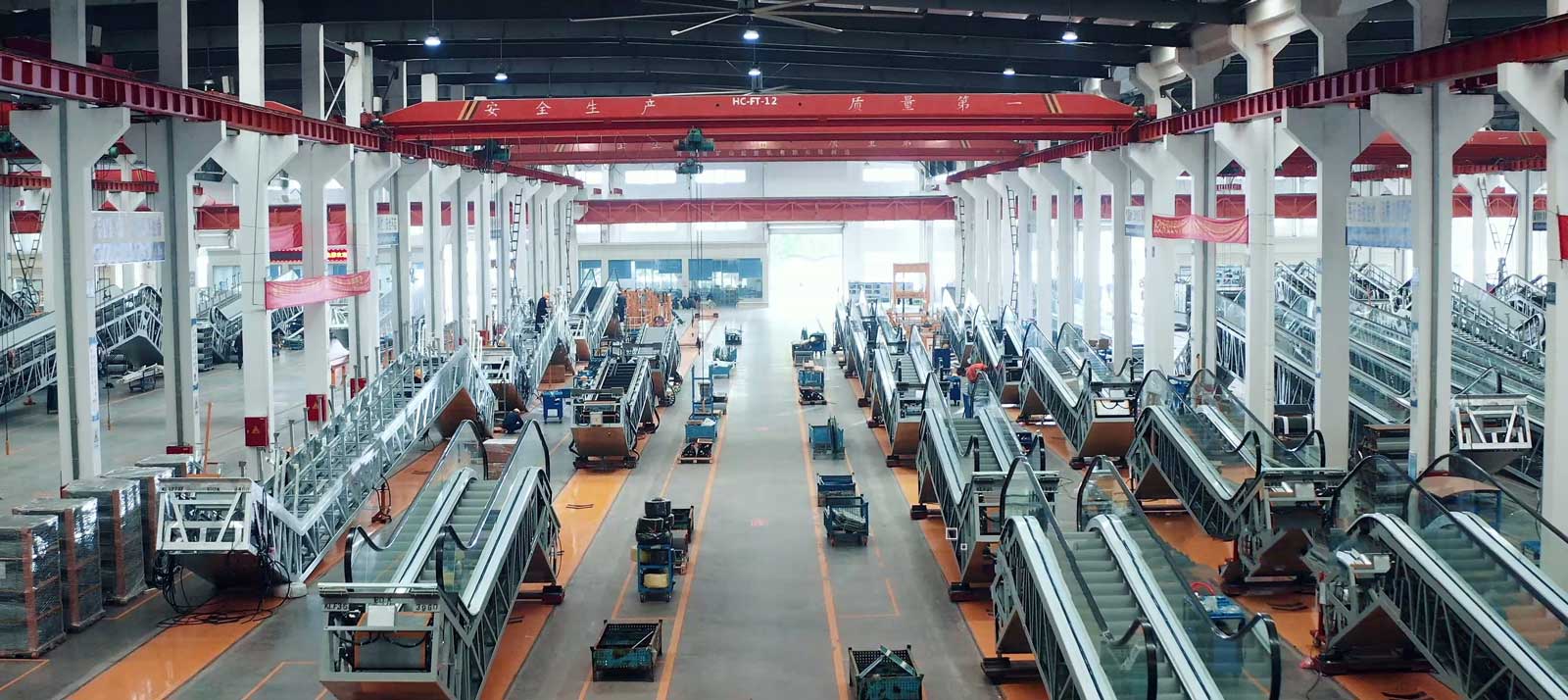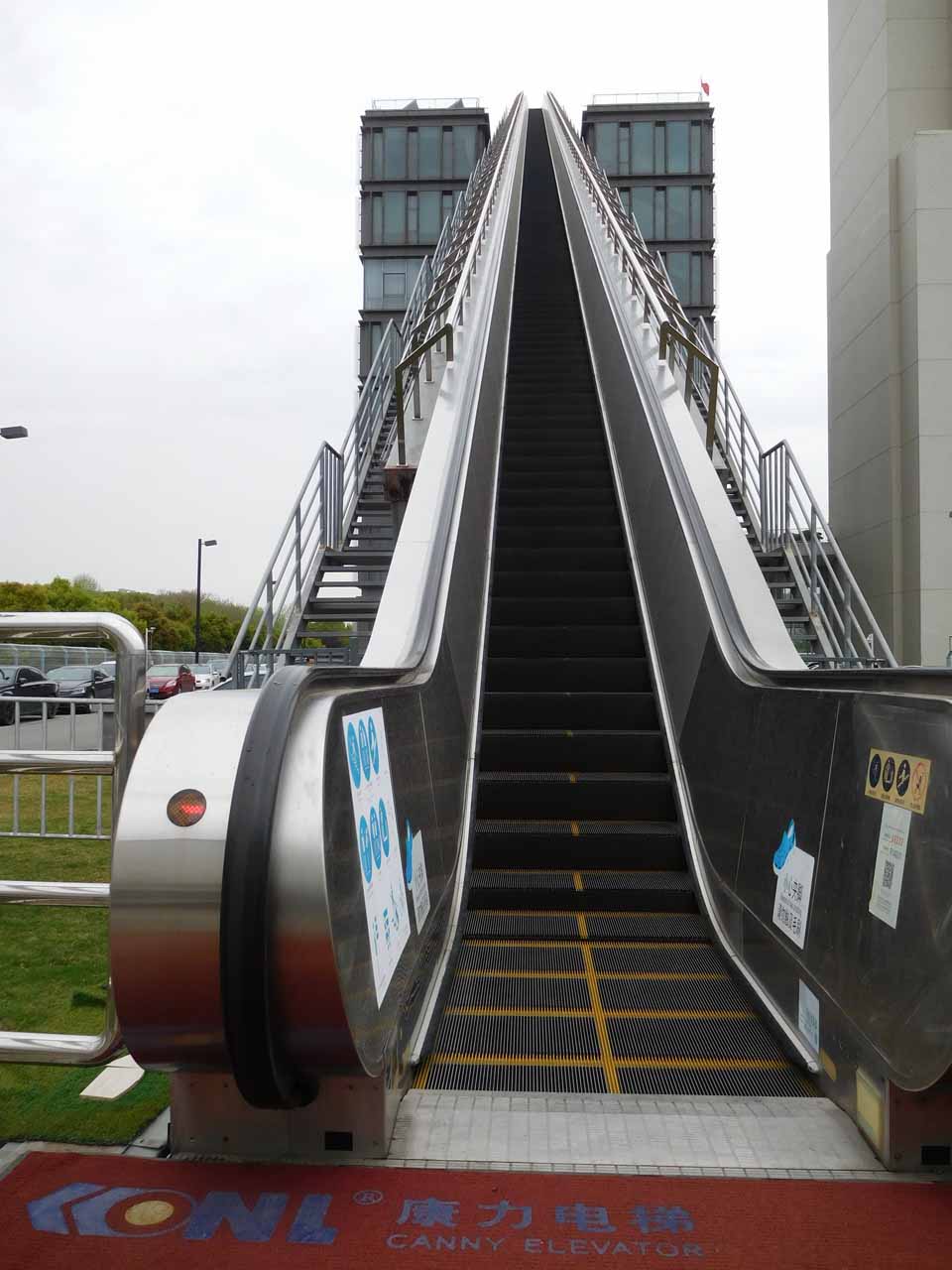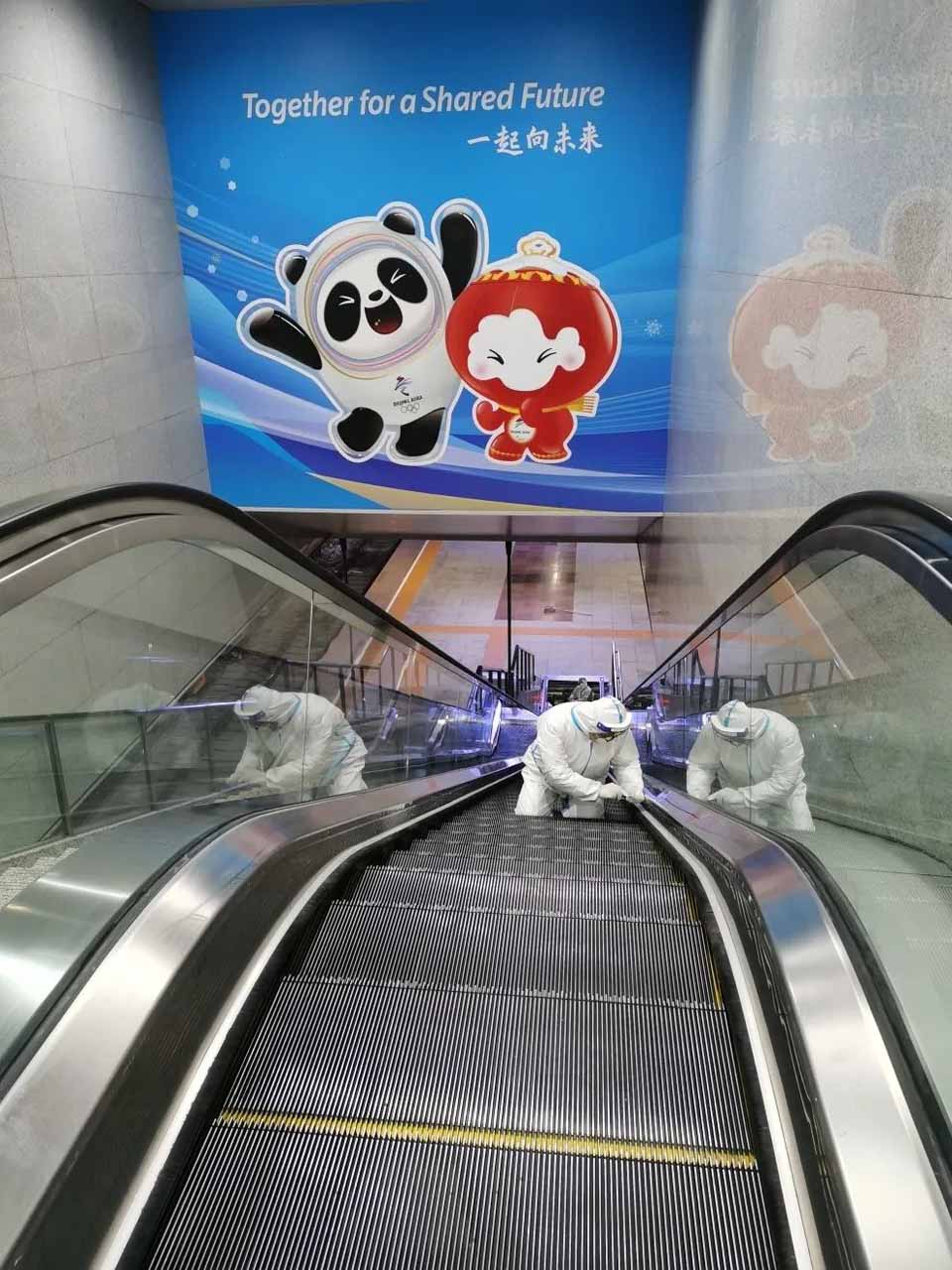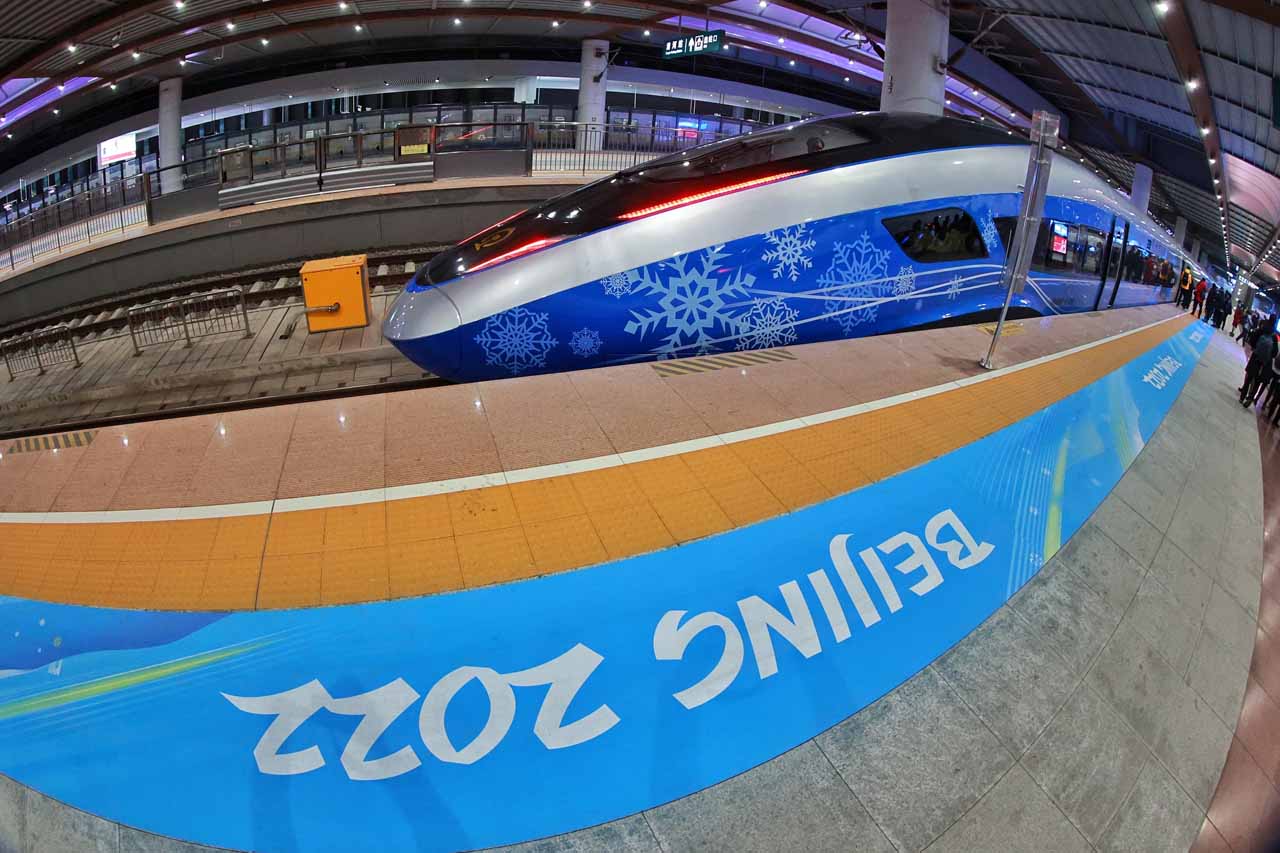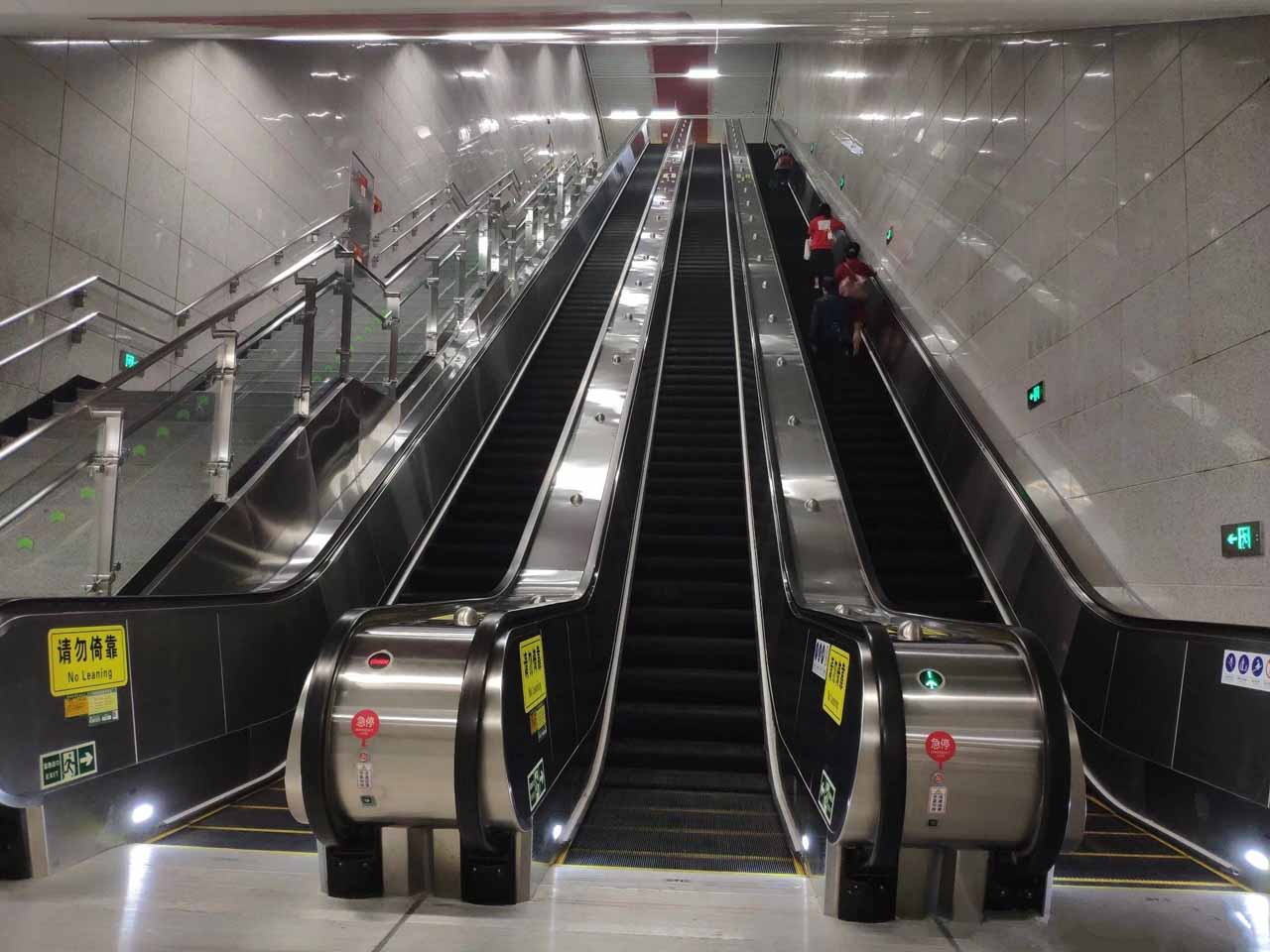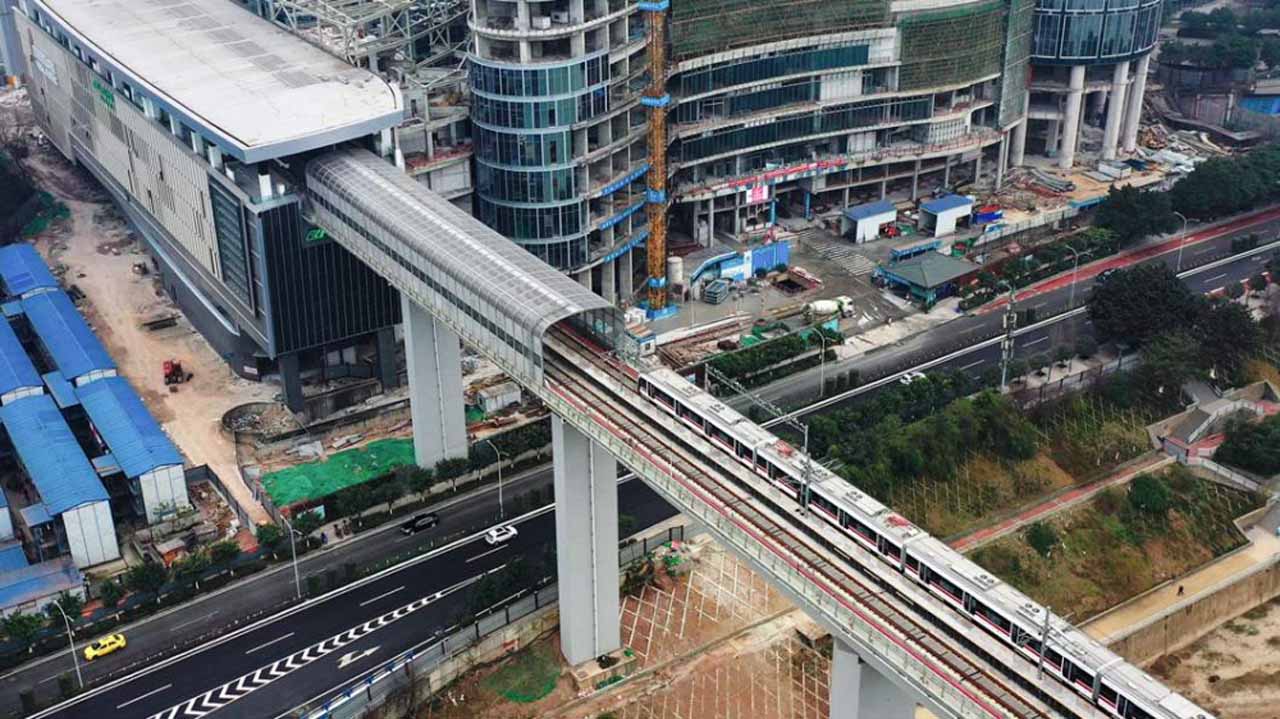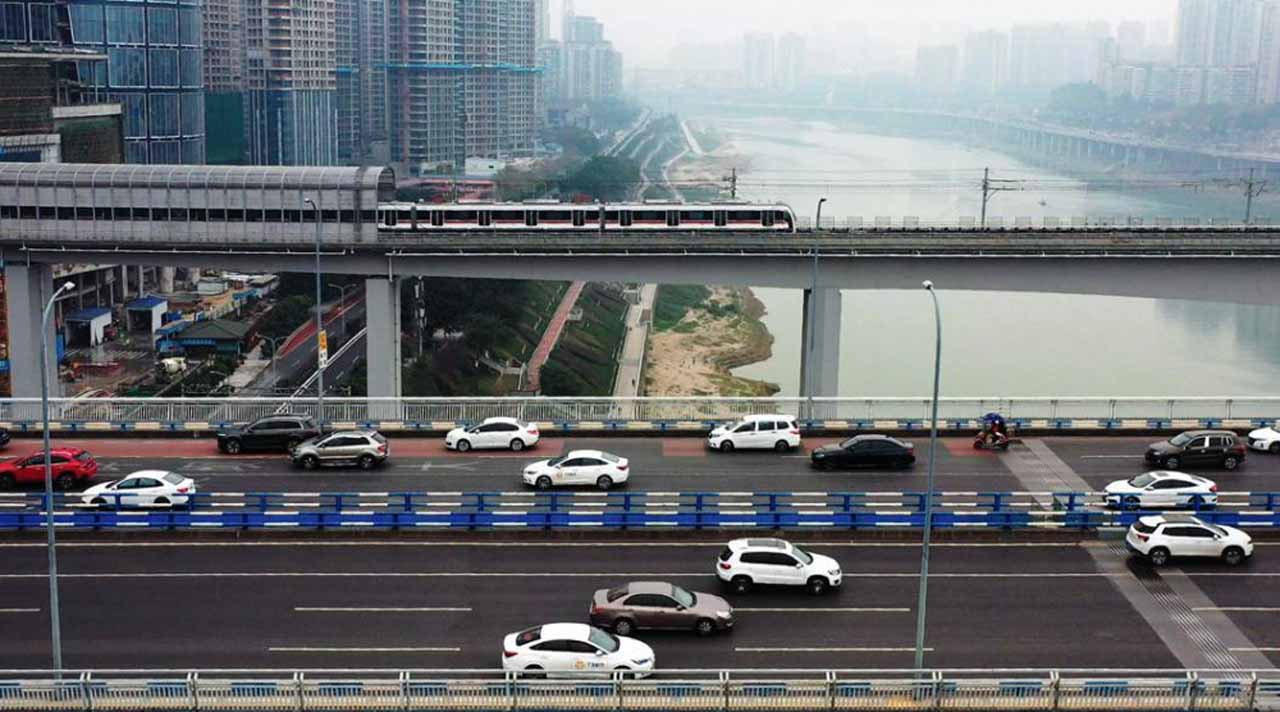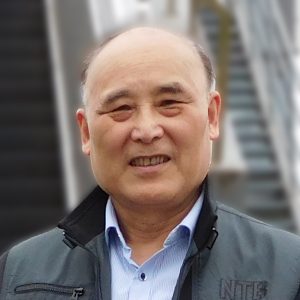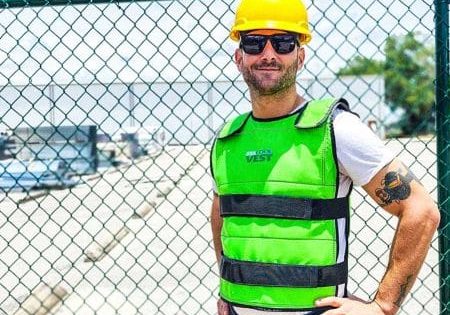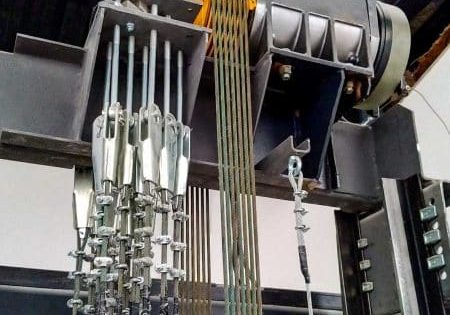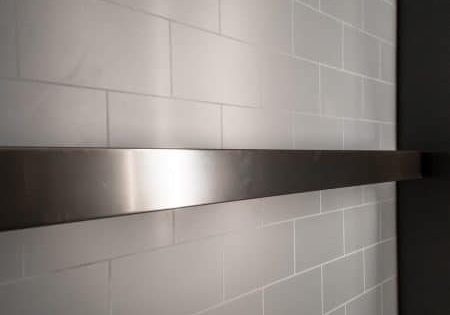Canny Elevators responds to rail system market demand in China.
Over the past three years, during which the COVID-19 pandemic sometimes loomed large, in China one was barely allowed to travel outside of one’s residence, making face-to-face talks with friends or business partners impossible. However, the pandemic quarantine failed to prevent the economic and ecologic integration process between Shanghai, Jiangsu and Zhejiang from growing. In November 2020, a bridge was completed to connect Donghang Road, Shanghai, and Canny Avenue in Suzhou, thus making it more convenient for people to reach the World Elevator & Escalator Expo venue, the National Convention & Exhibition Center, in Qingpu, Shanghai, from the lakeside of Foho in Wujiang, Suzhou, in a 30-min. drive.
Despite the lingering shadow of COVID-19, high-speed rail transportation has developed rapidly alongside intensifying urbanization throughout China, turning over one chapter after another. By the end of 2022, roughly 120 cities were linked up with high-speed trains that travel at 350 km/h. In other words, each of these cities now has at least one high-speed train station to cater to passengers and trains.
Metro lines are on the rise, too. To your author’s knowledge, 45 cities in mainland China have constructed their subway systems, with roughly 270 lines in operation — most of them urban lines with 15 to 25 stations for passenger service. Shenzhen, Suzhou and Changsha were the top three cities in terms of awarded elevator and escalator (E&E) tenders in 2021. The country’s subway system growth will be around 1,000 km annually in the next five years. In 2023 alone, 90 projects are under construction, with 556 new metro stations to emerge.
Rail transportation development presents great market opportunities for both global and domestic E&E manufacturers. Richard Zhu, vice president of Canny Elevators, told me earlier this year that Canny provided more than 50% of the escalators in this market in 2022. I wondered about what he said, and decided to explore. In the next few days, Canny representative Ally Wu invited ELEVATOR WORLD to see firsthand how Canny Elevators has responded to this market demand.
The full expanse of the escalator assembly workshop spreads in sight. Thanks to the foresight of Wang Youlin, founder and president of the group, the workshop was planned in 2006 and completed in 2008. The blue-roofed assembly area spreads across 45,000 m2 with assembly guiderails stretching from one end to the other in the spacious building. Since 2004, Canny has consistently given top priority to both high-speed elevators and heavy-duty escalators. Thus, a 288-m-tall elevator test tower soars as a landmark between Shanghai and Suzhou, beneath which inclines a 50-m-tall, heavy-duty escalator prototype.
Opportunities always favor those who are well prepared, and all Canny’s efforts during previous decades have begun to pay off. In 2021, Canny took the lead in total accepted tenders for rail system projects (roughly for CNY7.42 million (US$1.02 million) among other global and domestic manufacturers in China. In 2022, the company was awarded so many tenders it exceeded CNY4.04 billion (US$827.1 million) in total, making it a top market leader. Let these photos provide a glimpse of these impressive projects.
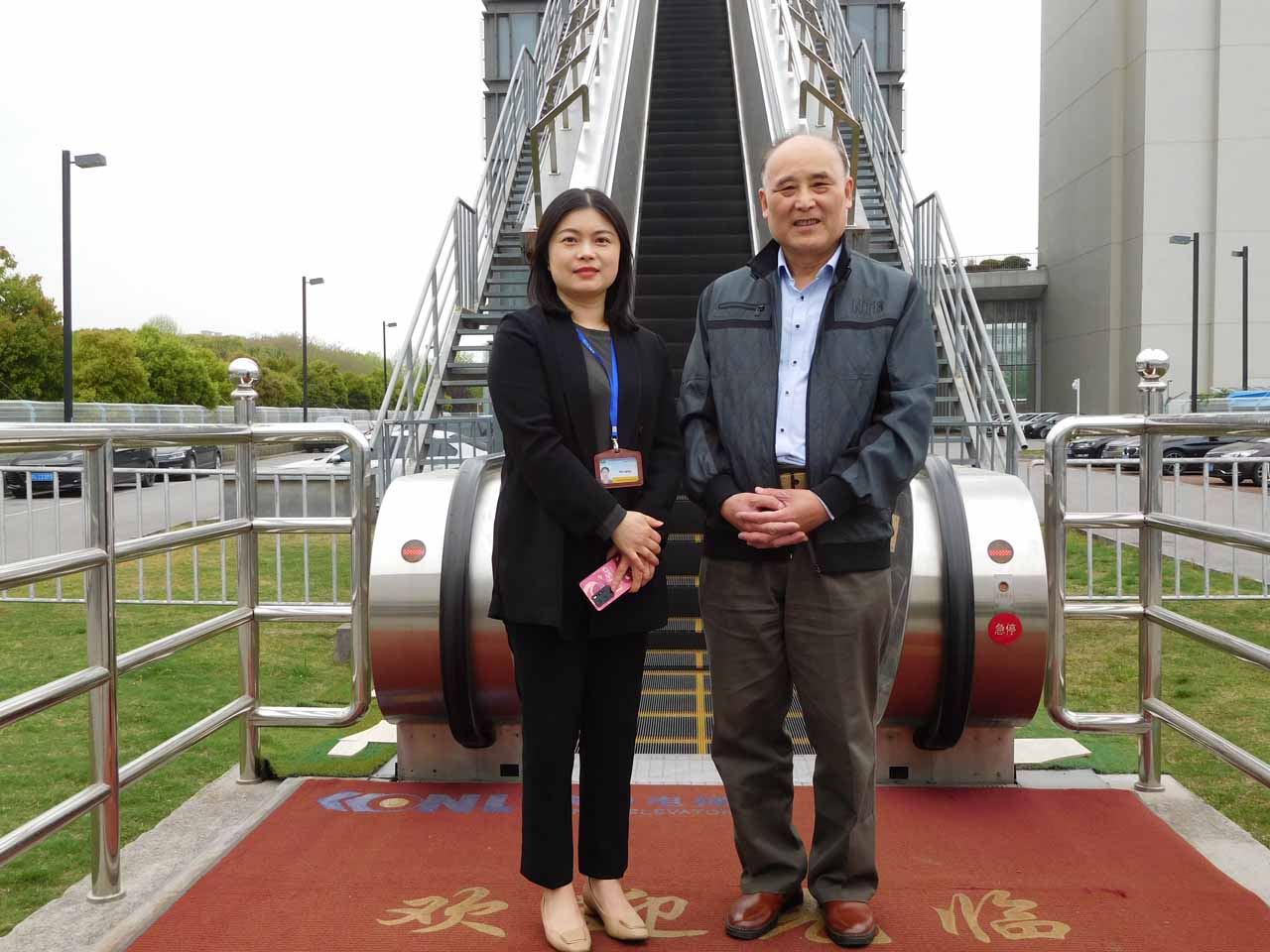
Get more of Elevator World. Sign up for our free e-newsletter.
